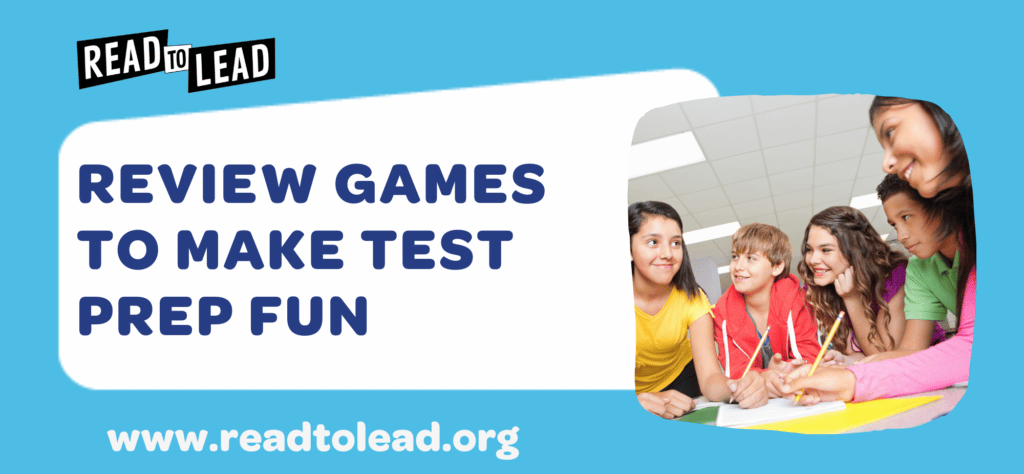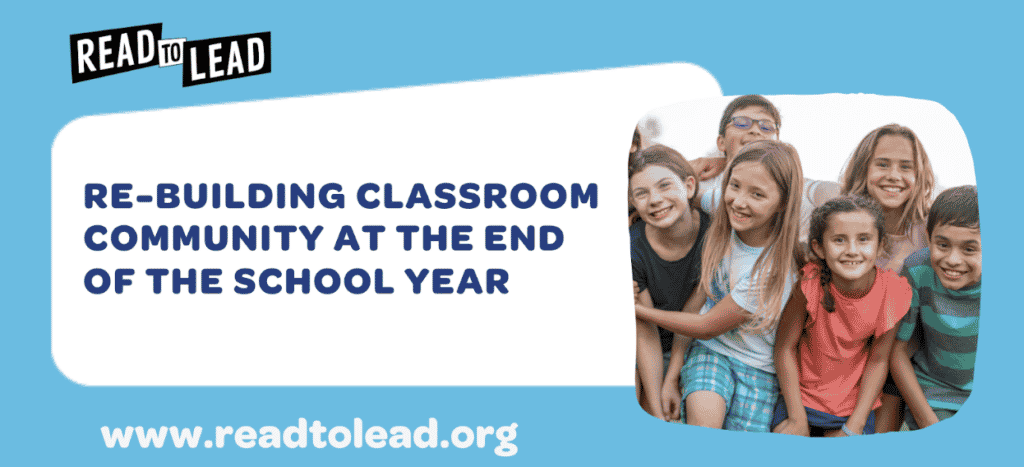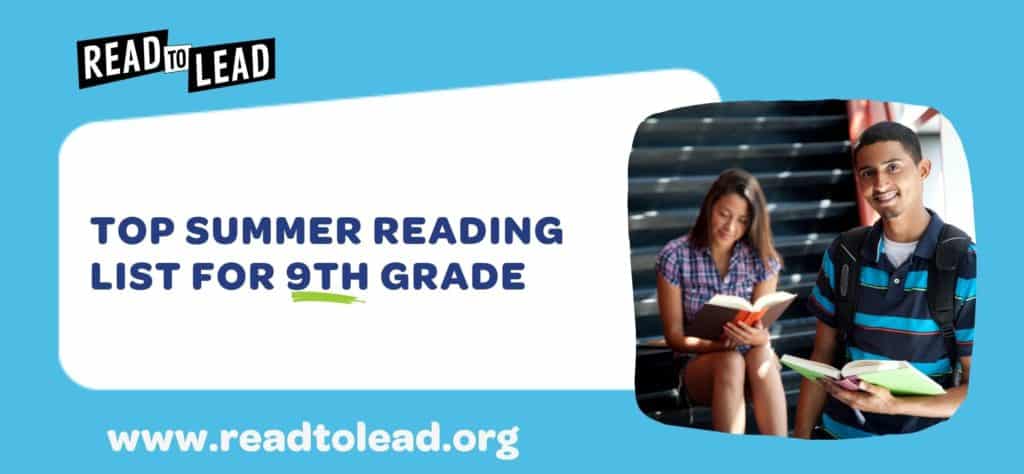“Teenagers who immerse themselves in reading become adults who have the ability to unlock more paths that lead to success. The Million Words Read Challenge showed my students that when we all give our best effort as a collective, we can achieve such a huge goal.”
— Holly Crider, Graham Middle School
At Graham Middle School, veteran teacher Holly Crider, celebrates North Carolina’s cultural diversity that’s reflected in her classroom. Ms. Crider is an eighth-grade English Language Arts teacher who strives to show her students the direct correlation between literacy and success. She uses Read to Lead because it gives her students the opportunity to experience real workplace environments, while building their vocabulary and comprehension.
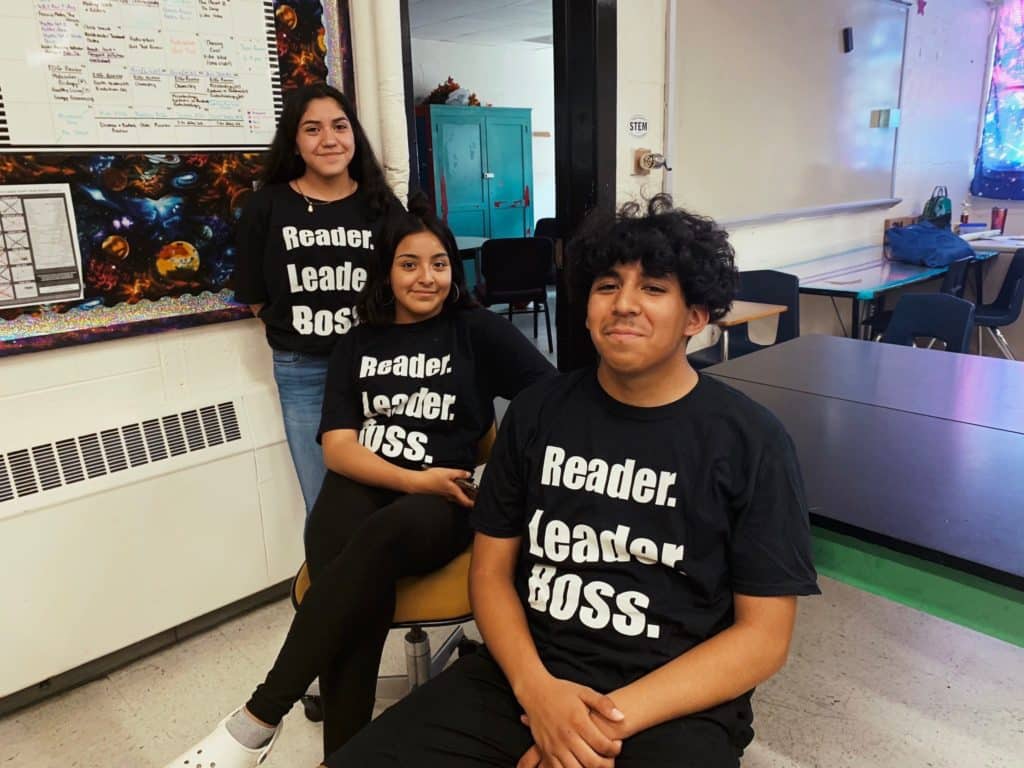
Before the Million Words Read Challenge, Ms. Crider’s students weren’t known for their academic achievement. Located about 30 miles west of North Carolina’s Research Triangle, Graham Middle School has a reputation that any academic success is the exception and not the rule. With a widely diverse student body, made up of 45% Hispanic, 25% African-American, and 20% white children, many of her students go on to be the first in their families to graduate high school, and 25% of the students have ESL accommodations.
Ms. Crider has spent her entire career in the education field in North Carolina, as both a teacher who just completed her 15th year in the classroom, and an academic instruction coach. Her passion for education extends past prepping her students for success in the classroom and helping them passing tests.he and her eighth graders, (many of whom will be the first in their families to even consider college) tour local community colleges to see opportunities to use the skills they utilize in the Read to Lead games.
“By using Read to Lead in my classroom, students learn about careers they wouldn’t have had access to explore, the skills needed in the real world, and build avenues to success,” Ms. Crider said.
Ms. Crider teaches students at a variety of skill levels, and Read to Lead is able to meet them where they are. With many of these students growing up in homes where English isn’t their first language, the program helps those students build reading fluency and comprehension, as well as a mental dexterity that the games’ plots require them to use. The games also provide various opportunities for engagement like working through context clues, timed challenges, or other teamwork building exercises, all of which lead to eagerness on the students’ parts to complete their missions.
“The students who do the best with Read to Lead are the ones who have been defeated by school, mostly because there hasn’t been an avenue of scaffolding,” Ms. Crider said. “Those students are the hardest to motivate. They’re already had eight years of frustration and Read to Lead is one of the few programs that helps motivate these students.”
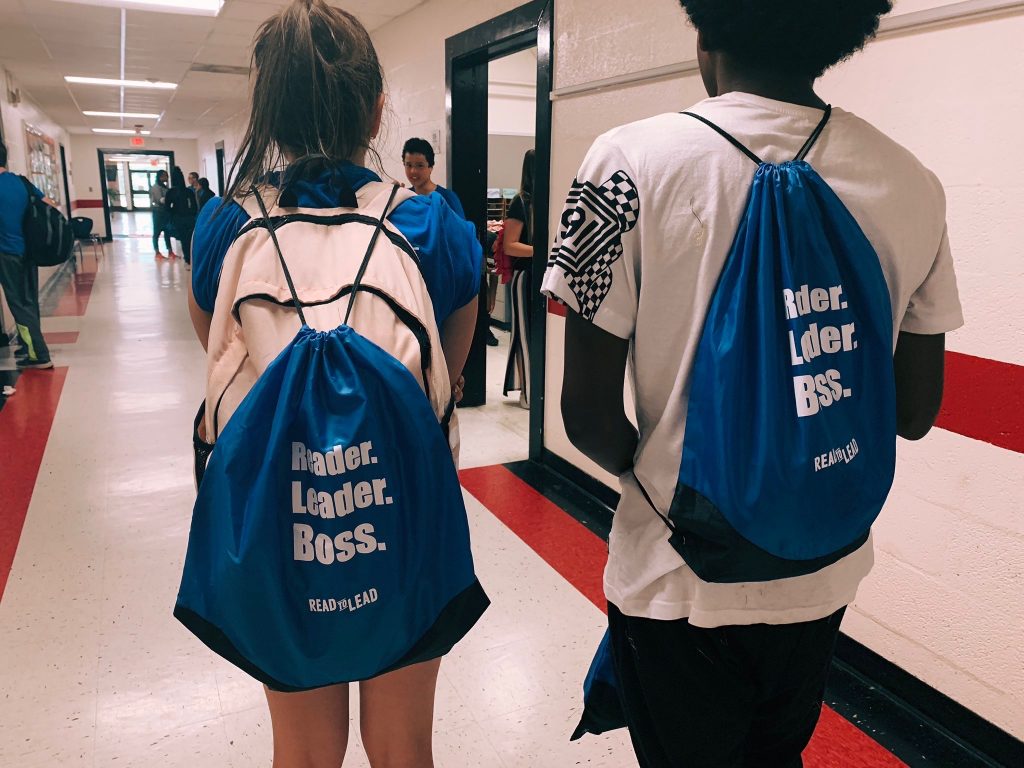 As a result of engagement with their teachers and classmates, Ms. Crider’s students were eager to read one million words with Read to Lead because they were excited to work together to reach a goal. Once the challenge started, student engagement hit an all-time high. According to Ms. Crider, students who rarely picked up books or only skimmed assigned articles were suddenly annotating, close reading, and using context clues to become better active readers.
As a result of engagement with their teachers and classmates, Ms. Crider’s students were eager to read one million words with Read to Lead because they were excited to work together to reach a goal. Once the challenge started, student engagement hit an all-time high. According to Ms. Crider, students who rarely picked up books or only skimmed assigned articles were suddenly annotating, close reading, and using context clues to become better active readers.
“A lot of our students, even as eighth graders, did not start with the confidence that reading one million words was something they could do,” Ms. Crider said. “Read to Lead provided engaging challenges that made it not only possible, but fun to reach the goal.”
Her students loved the challenge and healthy competition of Million Words Read. The leaderboard gave Ms. Crider a way to show her students they could be successful in reading by celebrating their milestones with badges on the platform.
“My students started to see the connection between their achievements in the game and their potential for excelling in other academic areas,” said Ms. Crider. “Many of our students haven’t always equated school with their personal success. The fact that I could show them what they accomplished in the Million Words Read Challenge helped them realize they could be successful in school, which was incredibly meaningful.”
About Read to Lead
Read to Lead uses the power of game-based learning to empower middle school students to build literacy, life, and career skills. Teachers can sign up for a free account to get started!
